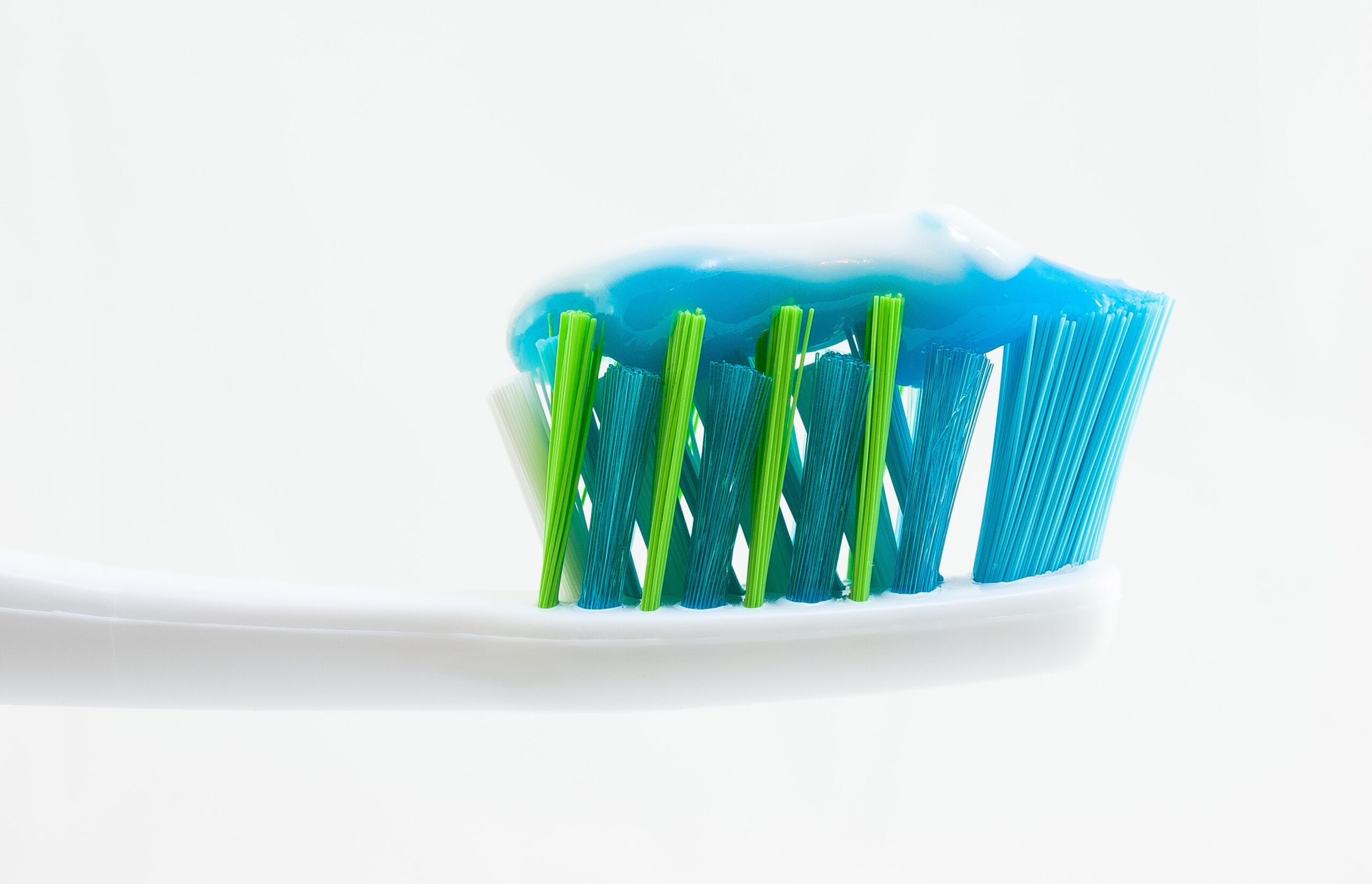In this article we answer the question “what is fluoride?”, and more. Let’s take a closer look!
In oral health care, fluoride is a mainstay. This naturally occurring mineral is found in many of the products we use everyday, from the water we drink to the toothpaste we use. So let’s look at exactly what fluoride is, some of its pros and cons, and the importance of fluoride in modern oral health care.
What is fluoride?
Fluoride is a mineral that occurs naturally in various parts of the environment. It’s found in the Earth’s crust, in the air we breathe, in certain foods such as fish and tea, and even in our water. While fluoride’s existence is as old as the planet itself, its importance in dental health was only discovered in the 20th century.
In the field of dentistry, fluoride is viewed as a protective agent against tooth decay and cavities. It is incorporated into a broad range of oral health products – from toothpaste and mouthwash to professional dental treatments. For instance, most toothpaste brands that you’d find at your local grocery store, such as Colgate or Sensodyne, contain fluoride as a key ingredient.
Is fluoride good for our teeth?
Countless studies demonstrate the beneficial role of fluoride in dental health. Fluoride’s primary function is to aid in the remineralisation of tooth enamel, the tough outer layer that protects your teeth from decay. Consuming acidic foods and drinks, like your favourite orange juice or soft drink, can cause the enamel to weaken over time. Fluoride steps in to aid the repair process, helping to strengthen the enamel and reverse early signs of tooth decay.
On top of this, fluoride creates a more decay-resistant tooth structure, disrupting the process that leads to cavity formation. By doing this, it reduces the ability of bacteria to produce acid, which is the main cause of cavities.
Fluoride treatments provided by dental professionals during routine check-ups offer an added layer of protection. These treatments involve applying a high concentration of fluoride to the teeth, often in the form of a gel, foam, or varnish. For those who are prone to cavities or have a history of dental decay, these treatments can be particularly beneficial.
The controversy: is fluoride toxic?
Despite the dental health benefits of fluoride, some people argue against its use due to concerns about toxicity. Like any substance, fluoride can have harmful effects if taken in excessive amounts. Overconsumption, particularly in children, can lead to a condition known as dental fluorosis. This condition typically presents as faint white lines or streaks on the teeth, but in severe cases, it can cause discoloration or pitting.
The levels of fluoride found in regular dental products and fluoridated water are safe for the majority of individuals. The risk arises when fluoride is ingested in large amounts consistently. For instance, swallowing toothpaste regularly can contribute to an excessive intake of fluoride.
Some people may generally be more sensitive to fluoride, and elderly people, those suffering from diabetes, and those with poor kidney function may be at higher risk for negative effects from fluoride. In these situations, fluoride-free alternatives, like Tom’s of Maine or Dr. Bronner’s toothpastes can be considered. It is essential to consult with a dental or health care professional to determine the best approach based on your needs and circumstances.
The benefits of fluoride
Fluoride toothpastes and fluoridated water have been the standard for many decades, and with good reason. Let’s delve into the pros and cons of fluoride.
Pros
- Children that use fluoride have shallower grooves in their teeth, leading to easier plaque removal as they age
- Water fluoridation has been researched for over 60 years, and is proven to reduce decay by 26-44% in children and adults
- Repairs weak spots on tooth surfaces that could become cavities
- Reduces dental treatment expenses
- Saves community time and money
- Alleviates discomfort and pain from tooth decay
- Particularly beneficial for individuals in low socioeconomic communities with limited access to other dental treatments
Cons
While the use of fluoride toothpastes is highly beneficial for most people, there are rare side effects that you should be aware of.
- High fluoride consumption can cause dental fluorosis, leading to mild discoloration in tooth enamel and other negative effects
- Excessive fluoride exposure can lead to skeletal fluorosis, including bone and joint pain and damage
- Excessive fluoride intake can damage the parathyroid gland, affecting calcium levels
- Excessive fluoride intake may result in cognitive impairments and neurotoxicity
- Acute exposure to high levels of fluoride can cause abdominal pain, excessive saliva, nausea, seizures, and muscle spasms. Accidental contamination can occur but is rare.
Note that all of these drawbacks are only relevant when consuming excessive amounts of fluoride; normal intake levels should have no negative effects on most people.
Make an informed decision about fluoride
The science-backed benefits of fluoride in preventing tooth decay are well established. From toothpaste to water supplies, fluoride plays a crucial role in maintaining oral health at the population level.
However, as with any substance, overexposure to fluoride can lead to adverse effects. It’s important to use fluoride products as directed and supervise young children to ensure they do not swallow toothpaste or other products containing fluoride.
In some cases, individuals might have specific health concerns or personal preferences that lead them to seek fluoride-free alternatives. If you’re considering this path, it’s essential to discuss it with a dental professional. Contact Granite Belt Dental if you’re in the Warwick, Stanthorpe, or Inglewood area and are looking for dental treatments tailored to your individual circumstances.


